A Depth Of Knowledge Rubric For Reading, Writing, And Math
Depth of Knowledge frameworks can be useful for planning curriculum, designing assessments, or making judgments about student reading, writing, and math.
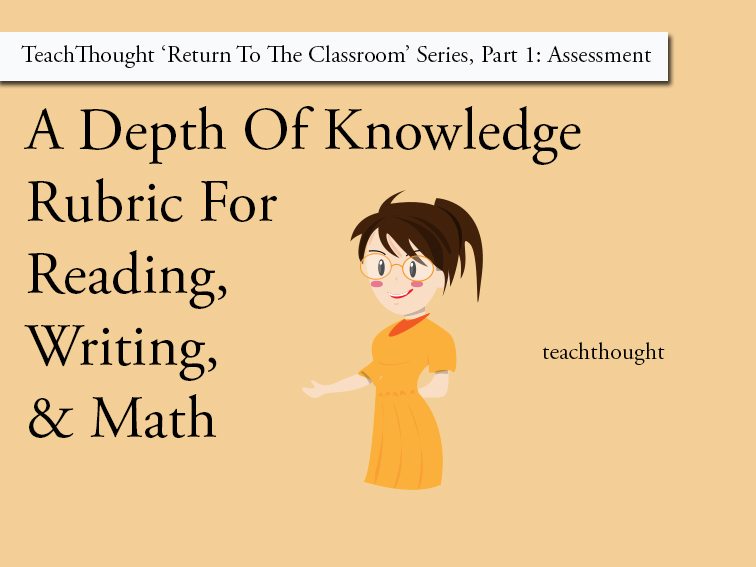
Depth of Knowledge frameworks can be useful for planning curriculum, designing assessments, or making judgments about student reading, writing, and math.

Assessment matrixes can be used by teachers to think about rigor when designing assessments to think more clearly about cognitive demand.
Want To Transform Education? Start In Your Classroom. by Terry Heick If it’s a standards-based, outcomes-based, institutionally-centered (and nationally participative) game we want, you’d be hard-pressed to find a better combination than Understanding by Design units (i.e., Wiggins) anchored around power standards (e.g., Strong, Silver, Perini, Dufour) that are then delivered through differentiated instruction (i.e.,…
Student-Driven Ed Reform Achieved Through Democracy by Chris Grouchy One thing is certain in almost every education jurisdiction in North America: macro decisions are made by adults that have been elected. They have the final say in the decisions that will impact thousands of students. These are not menial decisions we’re talking about either—allocating funds through…
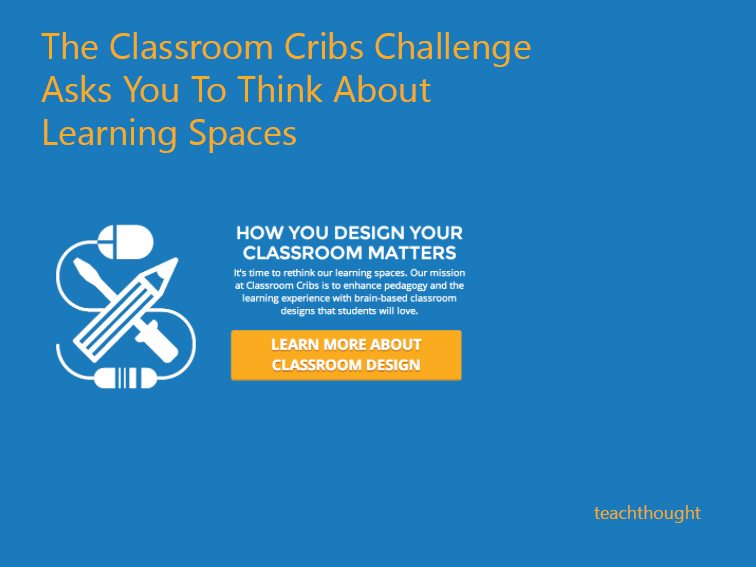
The Classroom Cribs Challenge Asks You To Think About Learning Spaces by Classroomcribs.com As we look towards the 2014-2015 school year, one question continually jumps out to me as an educator: How do our learning spaces impact our students? As a new English teacher I remember getting into my classroom for the first time. I…
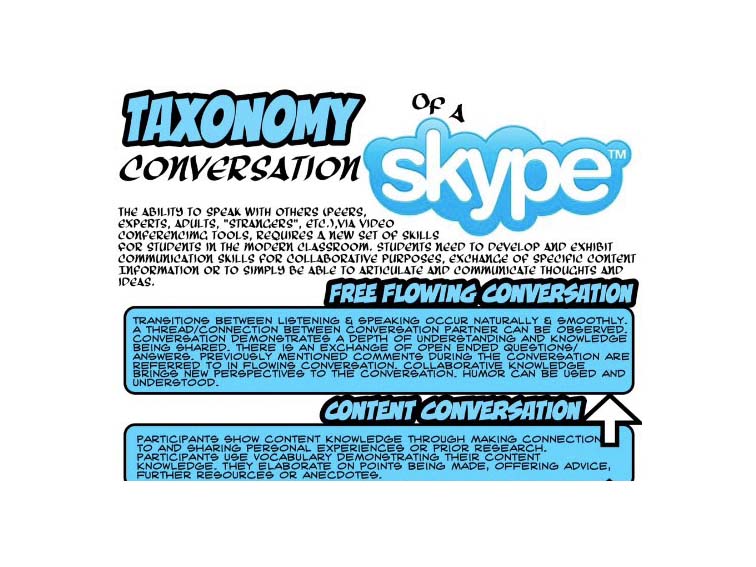
Langwitches has created a helpful taxonomy to guide teachers on how to plan, evaluate, and execute a conversation about Skype for learning.

5 Practical Learning Tips Based On How People Do–And Don’t–Learn by Charlie Chung, Class Central There has been a large body of work in neuroscience, psychology, and related fields offering more and more insight into how we learn. Below are five of the top tips from Barbara Oakley, Professor of Engineering at Oakland University, who…
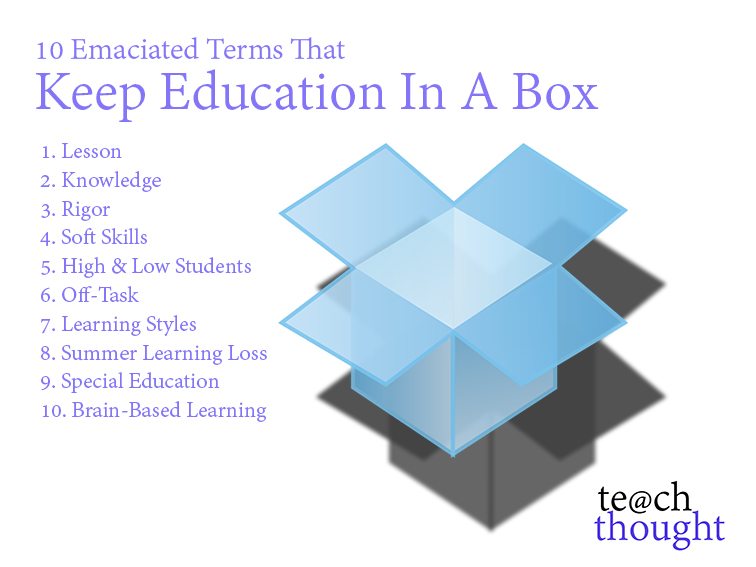
10 Emaciated Terms That Keep Education In A Box by Thom Markham Albert Einstein nailed it–“We cannot solve our problems with the same thinking we used when we created them.” That truth will decide whether we develop a 21st-century friendly educational system or continue to tinker at the margins of school. So far, we’re not showing much…
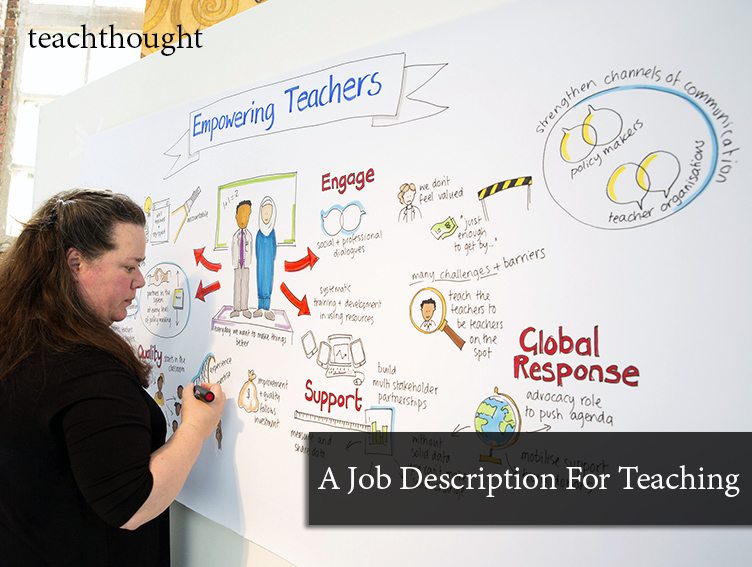
What am I expected to cause in students? What am I supposed to accomplish? Whatever the answer, that’s my job.
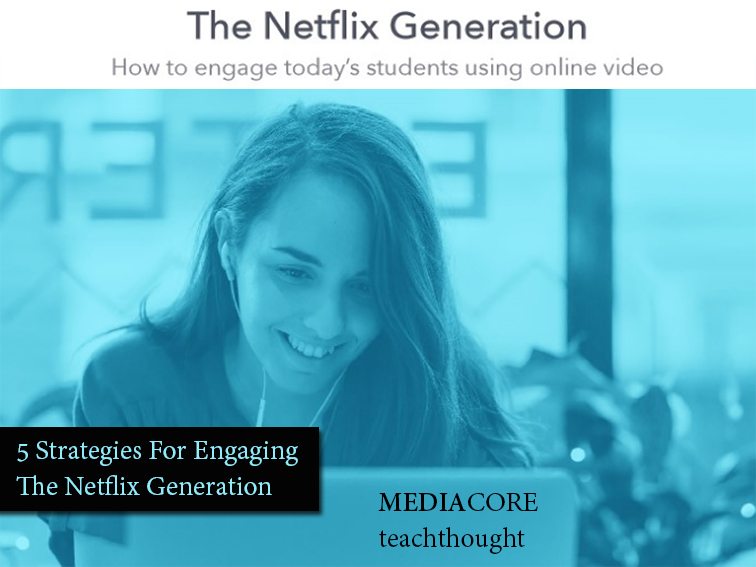
5 Strategies For Engaging Students With Video by James Cross Online video is taking the world by storm, and today’s students are the biggest consumers of online video content — they’re the ‘Netflix Generation’. These students have grown up in a world where video is available instantly, on-demand, and on any device. Combined with the…
Texting, Tweeting, Speaking: Teaching Oral Communication Skills by Erik Palmer “I just watched our seniors present their capstone projects. They were unimpressive presentations, to say the least. Frankly, I’m worried that they make our school look bad.” Those were the words of the president of a small university when he called to ask me to…

Google dominates the cloud. This makes sense when you consider the genius of Google’s strategy that started with brilliant search and web-based email (at one point, that was a big deal), then used that as an anchor to develop digital “stuff” for every area of your life, from calendar and productivity suites, maps, wallet, Google…